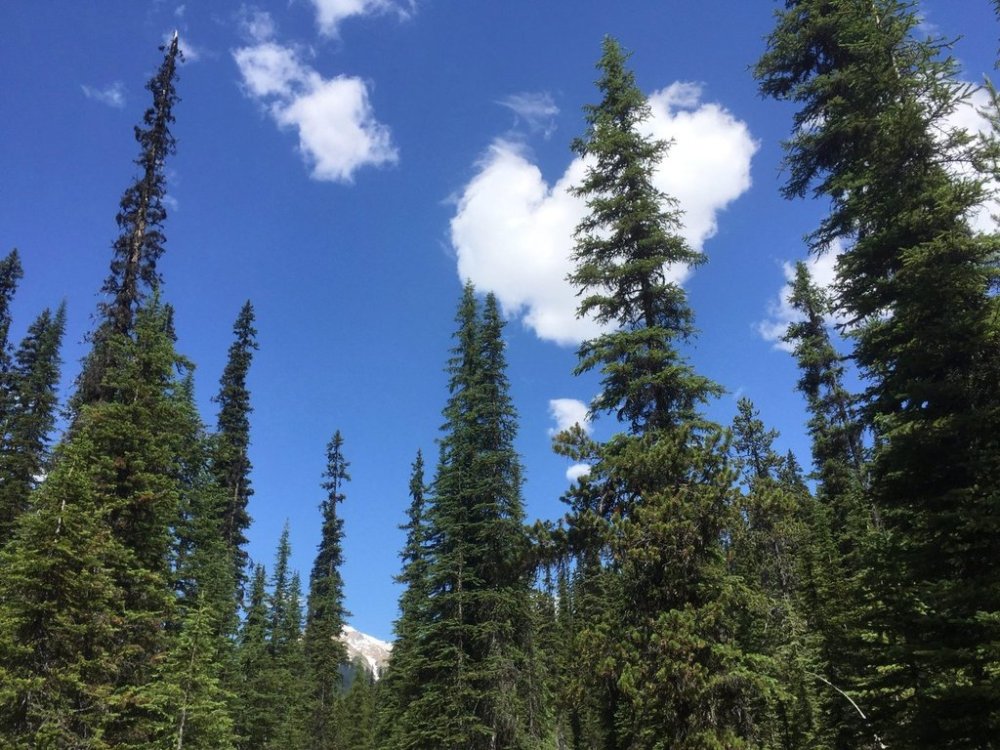Federal money provided to return unproductive farmland back to forest in Alberta
Advertisement
Read this article for free:
or
Already have an account? Log in here »
We need your support!
Local journalism needs your support!
As we navigate through unprecedented times, our journalists are working harder than ever to bring you the latest local updates to keep you safe and informed.
Now, more than ever, we need your support.
Starting at $15.99 plus taxes every four weeks you can access your Brandon Sun online and full access to all content as it appears on our website.
Subscribe Nowor call circulation directly at (204) 727-0527.
Your pledge helps to ensure we provide the news that matters most to your community!
To continue reading, please subscribe:
Add Brandon Sun access to your Winnipeg Free Press subscription for only
$1 for the first 4 weeks*
*$1 will be added to your next bill. After your 4 weeks access is complete your rate will increase by $4.99 a X percent off the regular rate.
Read unlimited articles for free today:
or
Already have an account? Log in here »
PRIDDIS – The federal government is providing over $100 million to help return unproductive Alberta farmland to its original forested state.
Corey Hogan, parliamentary secretary to Canada’s natural resources minister, says the cash is part of the $3.2 billion “2 Billion Trees program” and the reforestation will help capture carbon and reduce greenhouse gases.
The goal is to support provinces, territories and third-party organizations in planting two billion trees across Canada by 2031.

Hogan says cleared farmland will be turned back into thriving forests, providing employment to Indigenous women and youth, and providing economic benefits.
Mike Toffan from Project Forest says through four different projects, 12 million trees will be planted in Alberta, including on the Siksika Nation and in the Peace Country.
He says some of the land goes back well over a century, when a quarter section was offered to settlers to encourage settlement in the Prairies.
“In some of those cases, the original farmers were farming the land, weren’t able to make an economic go and the next generation didn’t take that on,” Toffan said Monday.
“So going back to 1912 and in some cases prior to that, land was cleared in areas, not able to produce economic crops and those are perfect cases to bring forests back.”
This report by The Canadian Press was first published July 21, 2025.
